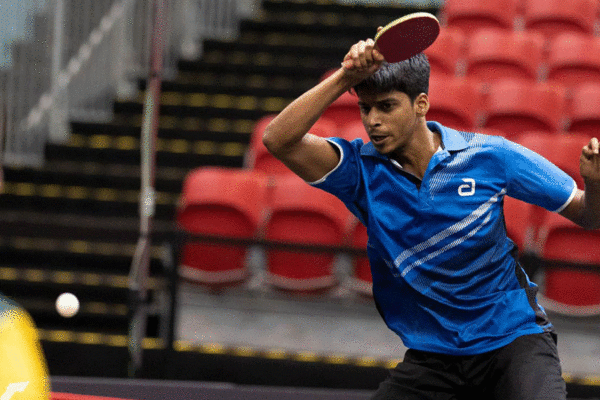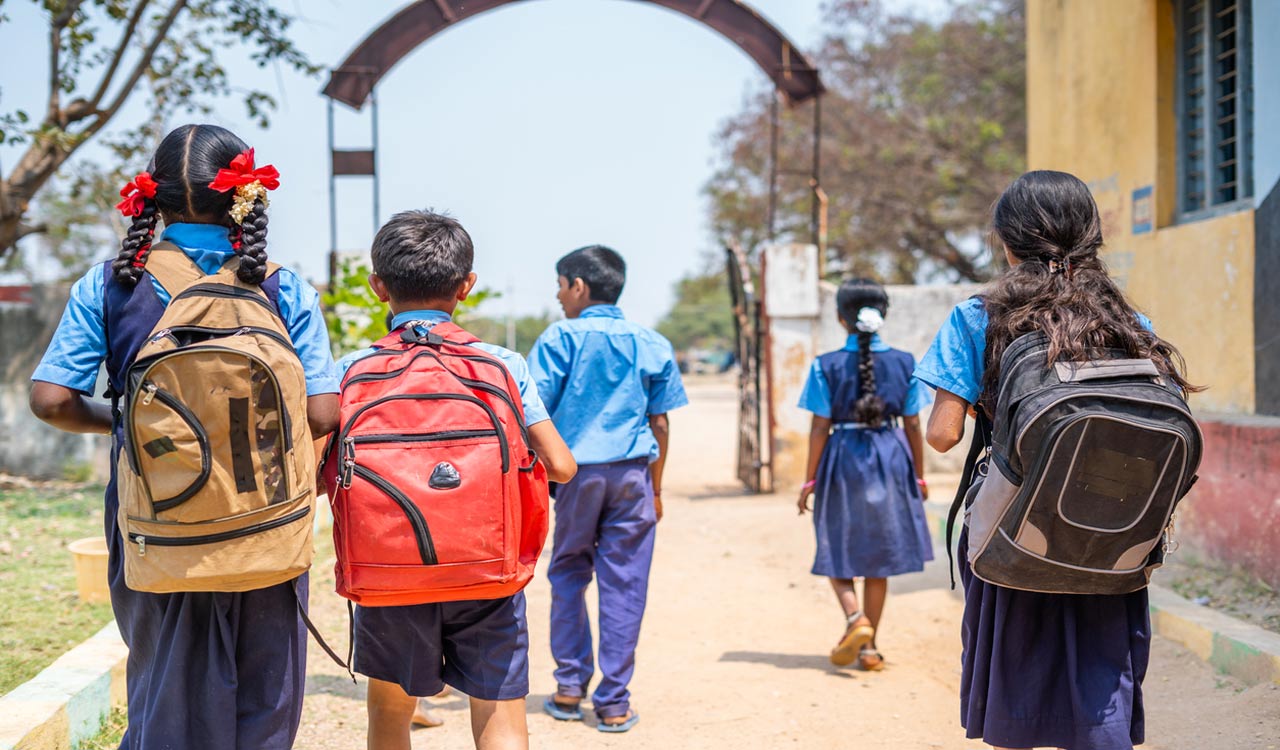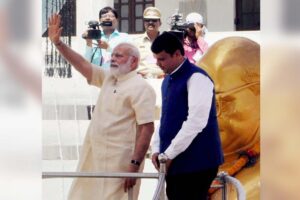A paradigm shift in the training methods for teachers is needed to make learning intellectually stimulating
Published Date – 18 January 2024, 11:30 PM

The latest report on the status of secondary education in India makes a disturbing reading. Learning deficiencies of students, particularly in rural areas, expose the chinks in the quality of education being imparted in schools. This must serve as a wake-up call for policymakers and educationists to take corrective measures and focus on foundational learning and life skills. The Annual Status of Education Report (ASER) 2023, prepared by a leading NGO “Pratham” based on a nationwide survey to assess learning outcomes, points to a huge skill deficit among adolescents, many of them only a few years away from entering the job market. It has been revealed that children in India continue to struggle with basic reading and arithmetic skills well into their teenage years, even after reaching Class 10 and higher secondary levels of education. More than half of those in the 14-18-year age group cannot solve a simple three-digit division problem and struggle with everyday skills, including determining time and doing basic calculations. Basic mathematics remains a big challenge for most children. Poor foundational skills come even though young people are remaining in school longer than ever before. The ASER survey, conducted in 28 districts across 26 States covering 34,745 children in the 14-18 year age group, is designed to capture the ground realities of the state of education. Though there are regional variations in the findings, national averages clearly point to lacunae in the state of aspirational young Indians.
What is alarming is the decline in reading and arithmetical abilities at the Class VIII level since 2012, with government schools faring worse than private ones. The better outcomes of private schools are linked to the socio-economic status of the children. Focusing on mid-day meals and the physical infrastructure of schools has improved enrollment. Apart from infrastructural woes, poor standards of teaching have been the bane of the education sector. The failure to upgrade teachers’ skills in tune with the changing needs of an increasingly globalised world, continued dependence on the abstract, blackboard teaching and rote method of learning are proving to be major impediments. A paradigm shift in the training methods for teachers is the need of the hour. This involves moving away from archaic pedagogical methods and embracing interactive-based and project-oriented training for teachers so that they can keep themselves abreast of the latest trends and apply innovative techniques to make learning an intellectually stimulating process. For too long, the need for modern methods of skill upgradation for teachers has not received adequate attention from policymakers. Nearly 120 million youth are in the 14-18 age group. Since they account for nearly 10% of the total population, their productivity has a direct bearing on India’s competitiveness as an economy. The time has come to focus on learning per se, to ensure that the workforce becomes more productive and aware.








